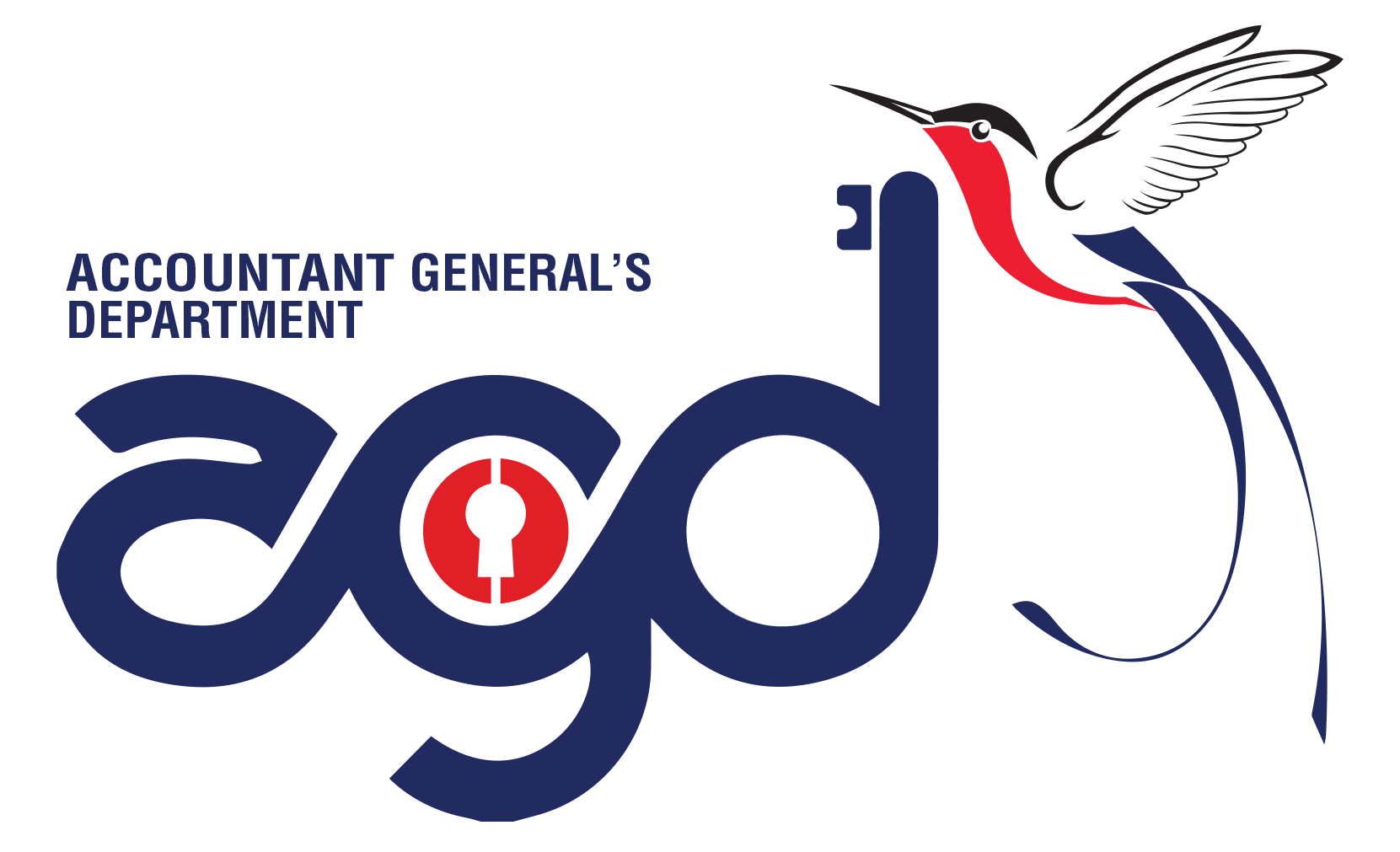What is the Consolidated Fund?
The Consolidated Fund is the principal parliamentary instrument through which government’s revenues must be deposited and from which expenditure, via warrants, is withdrawn.
One of the most important roles of the Accountant General’s Department is the management and custodianship of the Consolidated Fund. This includes responsibility for the collection, safekeeping, and proper disbursement of all monies due to and payable from the Consolidated Fund.
The Consolidated Fund is established under Section 114 of the Constitution of Jamaica and Section 3 of the FAA Act. Specifically, Section 3(2) of the Act requires that ALL public monies must be paid into the Consolidated Fund, excepting for:
- “monies assigned for defraying expenditure in relation to specified purposes” ; and
- “revenues or other monies which are payable pursuant to any other law into some other fund”.
REVENUE
The provision of the Financial Administration and Audit Act (FAA Act) and Instructions make it incumbent on Accounting Officers and Accountable Officers to ensure that all government revenues are collected and properly accounted for. The revenues include Tax Revenue and Non-Tax Revenue. Revenues are eventually transferred to the Consolidated Fund Account from which government meets its expenditure on a daily basis under the budgetary provision approved by parliament.
Tax-Revenue
Tax revenue is the income that is gained by government through taxation. Taxes are compulsory, unrequited payments to general government. Such as GCT, SCT, Income Tax, Education Tax, Property Tax etc.
Non-Tax Revenue
Non-Tax Revenue is the recurring income earned by the government from sources other than taxes. Such as sale of assets, forfeiture of goods, levies, royalty etc.
Revenue is also classified under two categories according to the frequency or seldom collection of the revenue. They are Recurrent Revenue and Capital Revenue.
The Accountant General monitors and reports the collection of Revenue (Tax and Non-Tax) and its expenditure in accordance with the FAA Act and on the directive of the Minister of Finance.
In accordance with the FAA Act withdrawals can only be made from the Consolidated Fund by way of a warrant. A warrant is a monthly request for payment of funds from the Consolidated Fund to the various Ministries, Departments and Agencies (MDAs) of the Government in keeping with their voted provision for the year. The warrant has to be signed by the Minister of Finance and Planning and the Financial Secretary or their designated representatives. Each warrant is given a number by the Ministry of Finance starting with the number one (1) at the beginning of the financial year.
There are three categories of the Warrants:
- General Warrants(Recurrent and Capital Expenditure)
- Statutory Warrants
- Treasury Bills Warrants
General Warrants
This relates to expenditure of a general nature as approved by Parliament. It is broken down into Capital and Recurrent Expenditure. Capital expenditures have two components – Capital ‘A’ projects are funded solely from local sources while Capital ‘B’ projects are at least partially funded from foreign sources – grants and/or loans from multilateral/bilateral institutions.
Statutory Warrants
These are expenditures approved by Law and does not require the approval of Parliament. Examples of these are Public Debt payments, salary payments for Pensioners, Court Officials and The Statutory Bodies.
Treasury Bill Warrants
Warrants for Treasury Bills Principal repayments only are issued separately on a quarterly basis albeit they are debt expenses.
The management and custodianship of the Consolidated Fund is carried out in a unit specially called the Revenue & Expenditure Unit which has two distinct sub-units namely:
- The Revenue Management Unit
- The Expenditure Management Unit
The Revenue Management Section
The Revenue Management Section collects, monitors and accounts for all general Government revenue resources placed into the Consolidated Fund from which all Government expenditures are paid.
Managing the fund requires monitoring transactions consisting of receipts in respect of –
- Recurrent Revenue (i.e. Tax Revenue/Non-Tax Revenue)
- Capital Revenue (i.e. Royalties, Extra-ordinary Receipts including privatization proceeds and grants, land sales and loan repayment; and
- Surrenderable Balances;
- Loan Receipts
The Expenditure Management Section
The Expenditure Management Section is responsible payment on behalf of Ministries, Departments and Agencies (MDAs).

